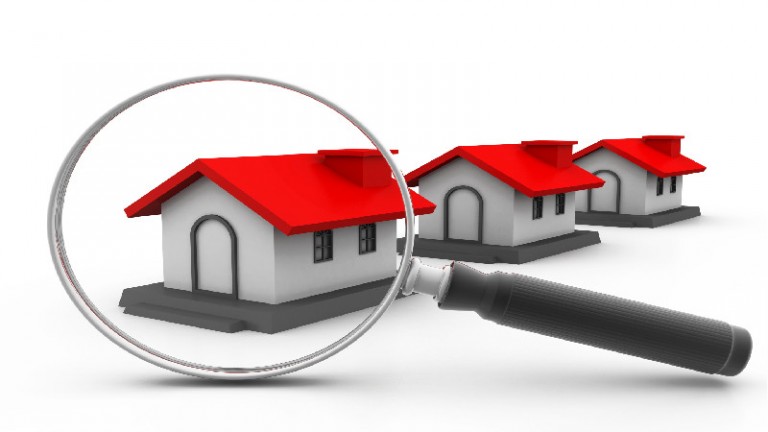Are you considering renting out an investment property in the Denver, CO, area? If so, you’ll need to obtain a residential rental property license. This license will give you access to certain benefits that make it easier for you to run a successful rental business.
Let’s look at four advantages of having a residential rental property license in Denver, CO.
- Access to Tax Breaks and Incentives
When you have your residential rental property license in Denver CO, you can take advantage of tax breaks and incentives that are only available to those who are licensed.
For instance, the City of Denver offers reduced taxes on certain properties if they meet specific criteria, but only if the owner has obtained their residential rental property license. So be sure to look into these types of incentives and see if any apply to your situation before filing your taxes!
- Protection From Liability Issues
Having a residential rental property license can also help protect you from liability issues that may arise when it comes to tenant rights. Each state has its own laws regarding tenant rights and landlord responsibilities, as well as what happens if either party isn’t following the rules set forth in their lease agreement.
By obtaining this license, you ensure that you’re up to date on all the laws in your state and are fully aware of your legal obligations as a landlord. This will make it easier for you to handle any potential disputes or lawsuits that may come up with tenants down the road.
- Knowledgeable Resources Available
Having a residential rental property license means that you have access to knowledgeable resources who can help guide your decision-making process as a landlord.
For example, many cities have organizations whose purpose is to provide support and assistance for landlords navigating their way through renting out properties in the local area. These organizations often provide educational materials about tenant rights and landlord responsibilities which can be invaluable when dealing with tricky situations with tenants or navigating complex legal matters related to rentals.
- Professional Networking Opportunities
Finally, having this license opens many professional networking opportunities that might not otherwise be available.
By participating in local events held by these organizations or even just attending meetings regularly, you’ll have an opportunity to meet other landlords who are facing similar challenges and could offer advice or insights into how they’ve been able to successfully manage their properties over time.
These types of connections can be invaluable when it comes time for finding new tenants or resolving disputes between existing ones.



